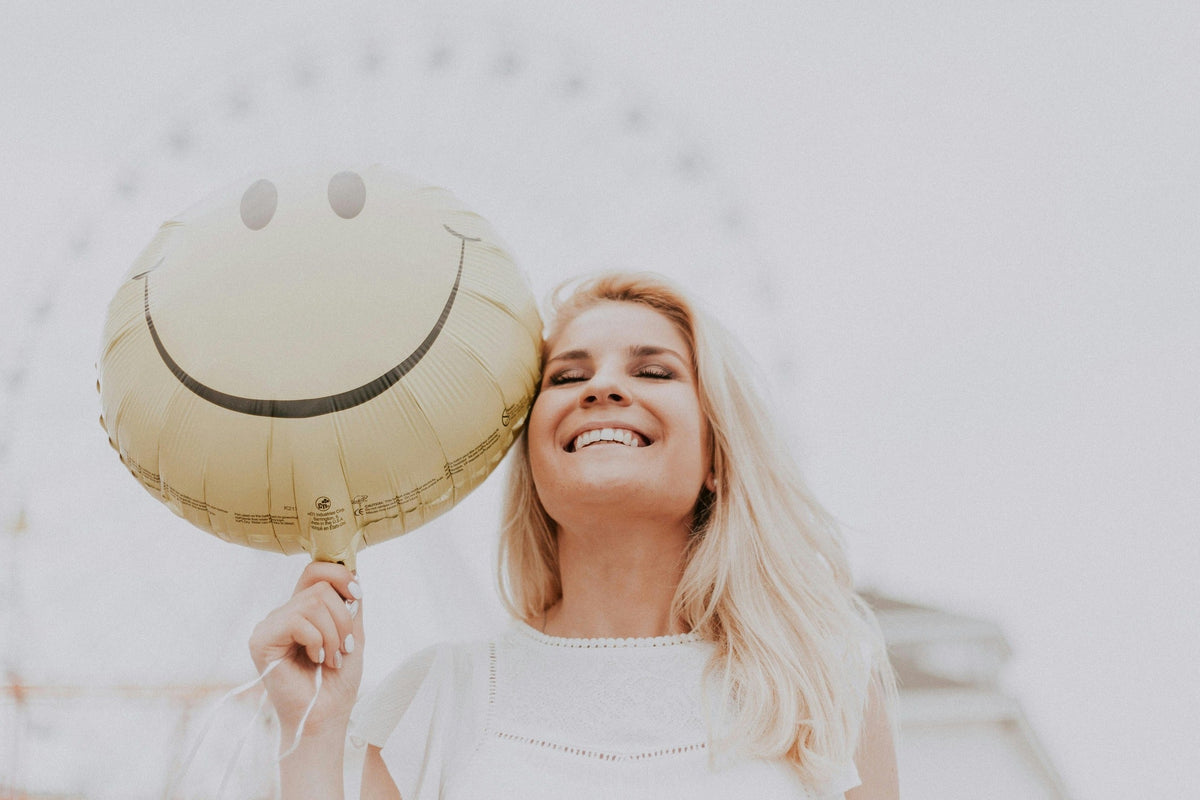

To quote the goddess of pop, many of us wish we could turn back time when it comes to our physical health. But what if we were to tell you this is well within reach?
Now, we’re not proclaiming to have discovered the elixir of life. What we simply mean is that there are many tried-and-tested tricks for improving our overall health and wellbeing, which in turn can help reverse how old our bodies feel (versus how old they actually are).
It’s called ‘biological aging,’ and is a topic tackled in Katherine Ryan’s podcast, What’s My Age Again?. Inspired by a recent episode, we’re launching a blog mini series to shed some light on the aging process and share some useful tips for biohacking your way to a healthier, happier and more youthful you. Starting from the top…
Table of Contents
Chronological Age & Biological Age

Our chronological age is our true age - as in, how many laps around the sun we’ve completed. It’s a fixed fact that can’t be changed (no matter how much some of us wish it could be).
Then there’s our biological age. This is how old our bodies feel based on a whole heap of factors called ‘biomarkers’. And yes, you guessed it: we have the power to change our biological ages.
So, Why Do They Matter?
We should all have an idea of our biological age as it’s a good gauge of how well (or not) our bodies are functioning in relation to our chronological age. Awareness helps us understand how much work we need to put in to lower it.
A lower biological age can:
Improve health and longevity
Reduce the risk of chronic illness
Help establish healthier lifestyle habits
Result in a better quality of life

How Is Biological Age Measured?
Back to the biomarkers. Measuring our biological age means examining our bodies based on a wide range of factors, including:
Blood pressure and cholesterol
Heart health
Muscle strength
Skin elasticity
Inflammatory markers
Cognitive function
Bone density
These biomarkers essentially form a health checklist, with the combined results revealing your biological age.
How Can I Improve My Biological Age?
The great news is, making a few small changes to how we live our lives, and what we fuel our bodies with, can have a huge impact on our biological ages. Coming up in this series, we’ll be sharing some words of wisdom focusing on the following areas:
Sleep
Inflammation
Stress
Menopause
Stay tuned for the next article in the series…
Note: This article is for informational purposes only and is not intended to be a substitute for professional medical advice, diagnosis, or treatment. Always seek the advice of your physician or other qualified health provider with any questions you may have regarding a medical condition.



